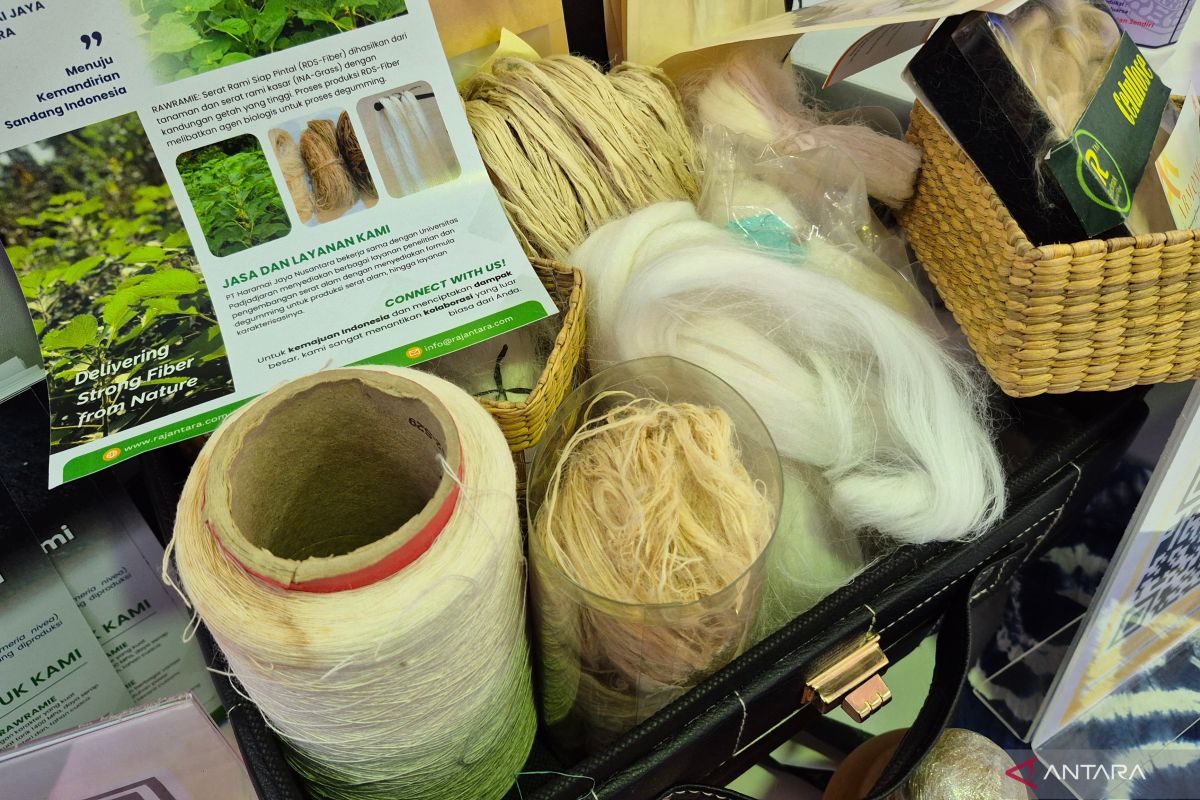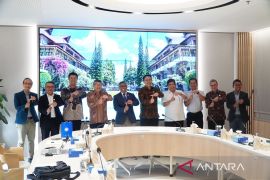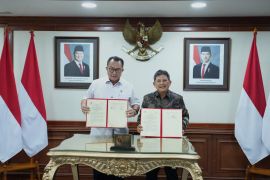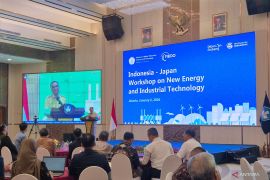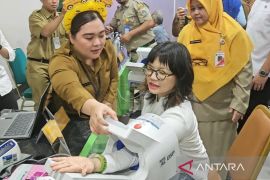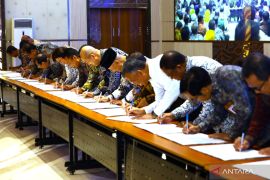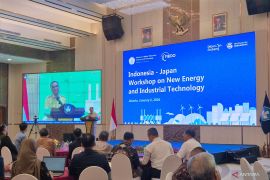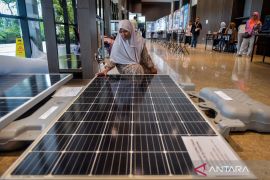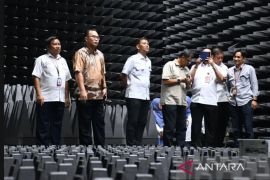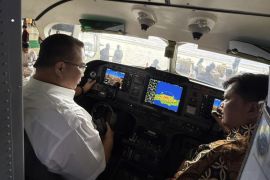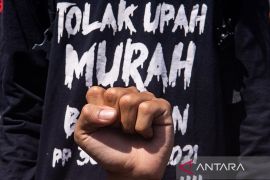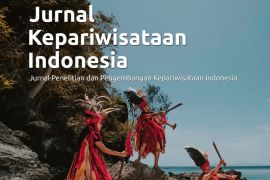“We chose ramie because its fibers are stronger than cotton and its availability is growing domestically. It could help reduce dependence on imported cotton," said team representative Fathia.
Beyond the material's strength, she highlighted the importance of adopting environmentally friendly production methods.
The students' innovation utilizes a technique called bio-degumming, which uses fungi to separate sap from the fiber — a greener alternative to conventional chemical-based processes that can harm the environment.
"We aim to create a process that not only yields high-quality yarn but also minimizes environmental impact. That's why we use a biological approach," she said.
The team's innovation has been used to produce a variety of finished products, including water-resistant fabrics, ramie-based shoes, and household items such as pillows and seat covers.
Minister of Higher Education, Science, and Technology Brian Yuliarto emphasized the urgent need to strengthen technological capabilities and national talent as the foundation for Indonesia's transition to a knowledge-based economy.
"With our strategic natural resources, Indonesia has a great opportunity to drive downstream processing and leap into high-value industrialization," he said.
"Mastery of science and technology is essential for advancing public welfare. Researchers and academics have a noble duty to support industrial growth and develop top-tier human resources," he added.
KSTI 2025, held from August 7–9, drew participation from over 350 university leaders and around 1,000 of Indonesia's top researchers.
The convention focuses on integrating research, higher education, and industry across eight priority sectors: food, energy, health, defense, maritime, downstream processing and industrialization, digitalization (including AI and semiconductors), and advanced materials and manufacturing.
These sectors were selected based on Indonesia's strategic need to achieve technological self-reliance and enhance global competitiveness.
Related news: Prabowo urges Indonesian scientists to boost industrial innovation
Related news: Indonesia urges universities to align with key industries
Translator: Sean, Azis Kurmala
Editor: Anton Santoso
Copyright © ANTARA 2025
